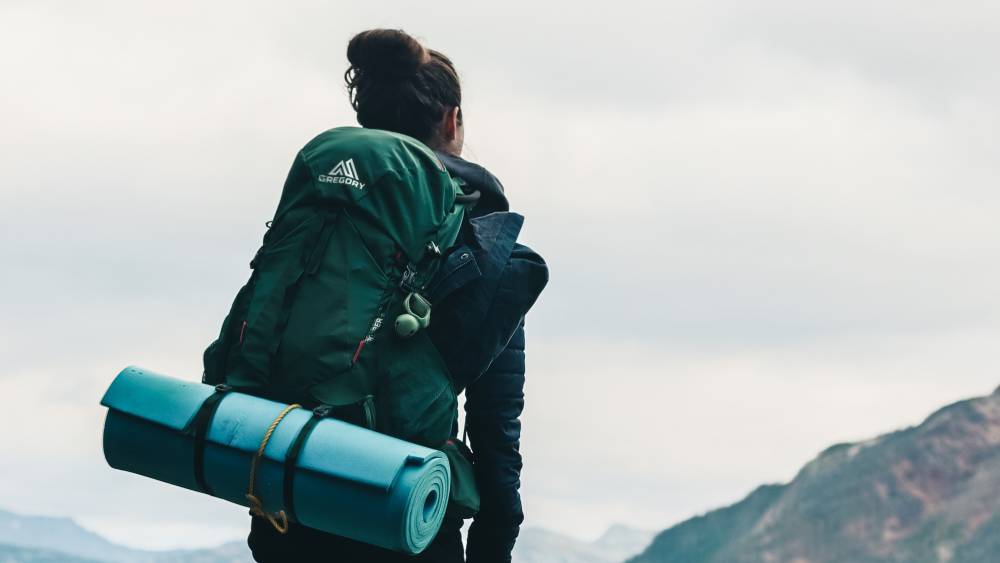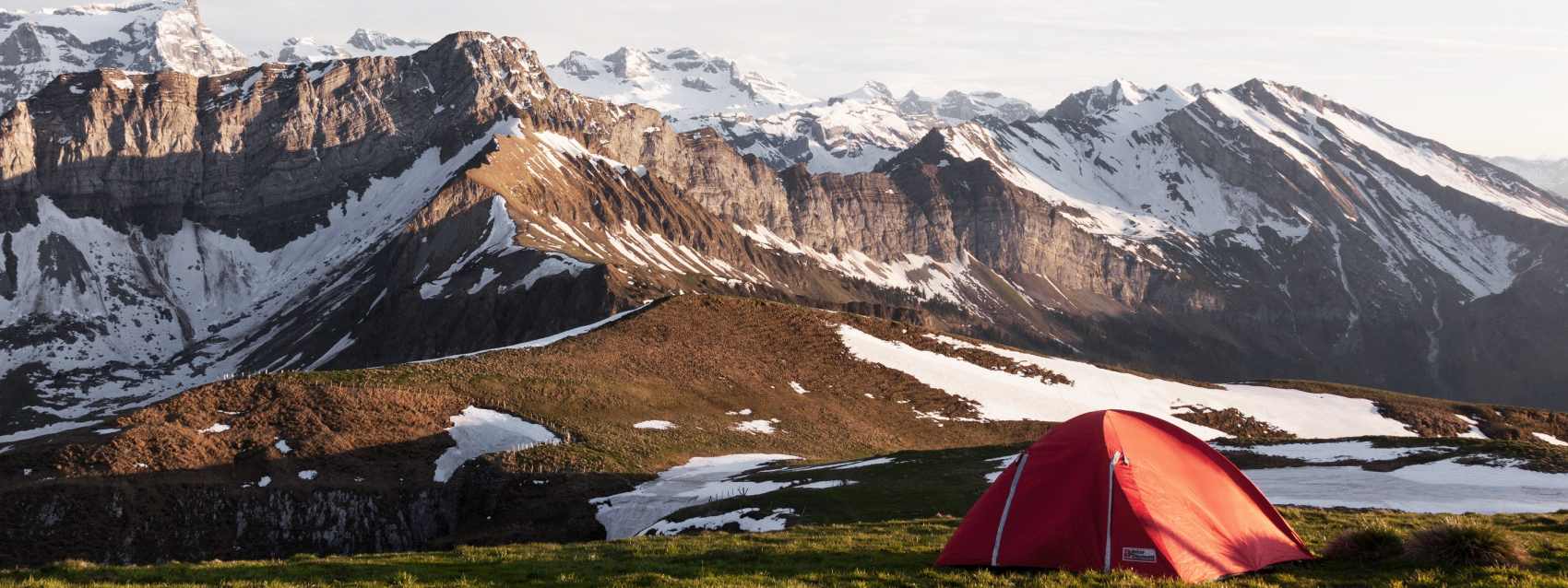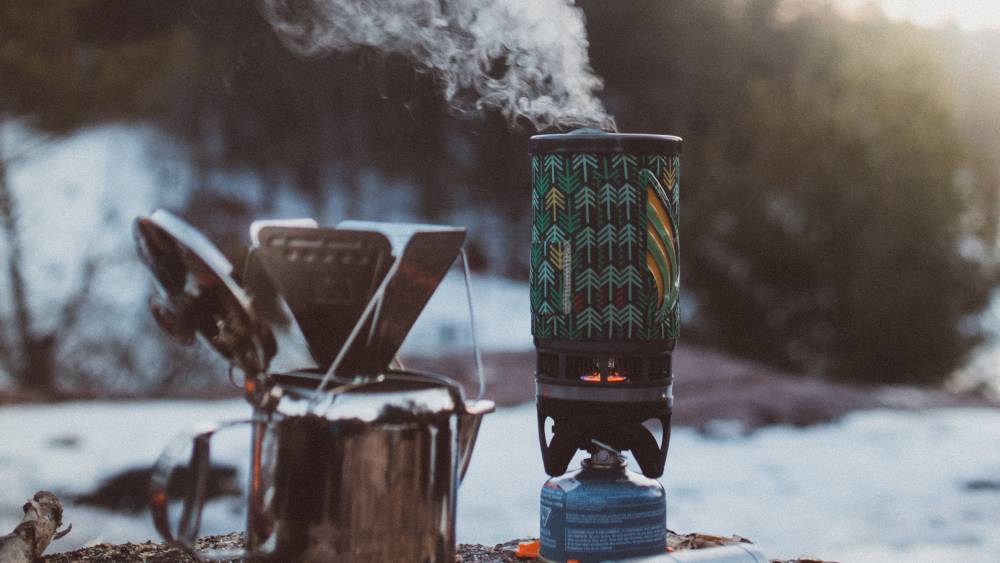
Camping during winter can be an experience that feels like it is straight out of a dream. But numerous factors determine whether that dream is full of wonder or turns into a full-on nightmare. With these tips and pro advice, you can ensure your first time camping in winter feels more like a winter wonderland than an icy wasteland.
Even more importantly, proper preparation for your first time camping in winter can keep you safe. Going in blind can lead to repercussions that range from uncomfortable to downright dangerous. Below we have compiled the top tips for anyone who wants to prepare for a first-time winter adventure.
Part I: Before Heading Out
Double Check and Test All Gear
From setting up your camping tents to cooking a test meal with your stove, ensuring all your gear works properly is our top tip. Just picture for a moment getting out to your site only to find the zipper for your tent’s door no longer works. Imagine all that cold air coming in all night! Once you have double-checked everything works right and well, then it is time to go over your list when packing. We have found that packing with a friend or partner (even if they do not plan on going on the trip) can help catch any oversights.
Get the Right Sleeping Bag
While space and weight are important factors for a bag, its temperature rating is perhaps the biggest thing to look for when camping in winter. To play it safe, you will want to pick a winter sleeping bag that has a temperature rating at least 10˚F lower than the lowest expected temperature on your trip. So if the lowest temp you expect is about 23˚F, you will need a bag rated for at least 13˚F. Otherwise, be prepared for nights full of shivering and misery!
Bring Along a Backup Stove
In an ideal world, we could bring along a backup for every item on a winter trip. Unfortunately, space and weight-load are limiting factors. But a stove can prove so essentially on a winter trip that it always merits having a backup brought along. Without a functional stove you won’t be able to cook meals or boil water, which means an abrupt end to your trip.
Pack Two Pads
During winter camping, the ground is (quite literally) freezing. Without space between the cold earth and yourself, you can expect everything to get supremely chilly right away. For winter camping, we recommend bringing along both a foam pad (for comfort) and an air or self-inflating pad (to put more space between you and the ground).
Take a Book and Reading Lamp Along
Sure, this will not provide any extra warmth or physical protection (unless your book is the size of a brick!). However, winter nights are extra long and extra dark, so having a good read can help pass some of those chilly evenings before bedtime.
Part II: Choose and Prepare Your Winter Campsite Carefully
No matter the season or location, campsite choice can be important, and you can always expect to put some effort in preparing the site. Winter makes things different, but the concept is the same.
Check for Any Safety Hazards
Winter turns the world into an almost completely different place than it is in summer. In addition to any safety hazards you might expect during summer, keep an eye out for:
- Exposure to Wind: A group of trees or a hill can make or break a winter camping experience by providing some relief from icy gusts.
- Access to Water: Dealing with frozen water isn’t impossible, but we recommend looking for sources that aren’t only snow.
- Risk of Avalanche: Research the area ahead of time. If there are slopes that can slide, try staying well away from them.
- Weakened Trees: On the one hand, camping near and under trees can protect you from elements. But they can also pose a risk when snow builds up on or wind tears through damaged & weakened branches.
- Visible Landmarks: Snowstorms and dark cold nights make navigating back to camp difficult or even dangerous. Choosing a spot with a landmark such as a large hill or formation can be key.
Setting Up & Leaving Your Site
Summer camping requires moving aside rocks and twigs; appropriately, winter camping requires dealing with snow.
- Pack Down the Snow: If you don’t pack down the snow at your site, you risk not only a less comfortable tent floor but water leaking in as the snow melts.
- Snow Walls: When facing windier conditions, even a lower snow wall can make a huge difference if it breaks the gusts.
- Leave No Trace: Winter and summer are the same here. Everything from managing waste correctly to avoiding wildlife are just as much staples in winter as any other time.
Part III: At the Campsite
Manage Nutrition & Hydration
Having the means to stay hydrated and full are absolutely vital in winter camping. In no other environment does your body spend more energy simply going about its regular activities. From carbs to proteins, check that your food is jam-packed full of everything you need to keep your body running at full power. Hydration remains key as well, but that is pretty straightforward; however, we will leave a quick reminder not to eat any snow. At least, not if you want to stay hydrated. Consuming snow actually leaves your body with less water and energy than beforehand.
Get Strategic With Your Pee
In winter, we need to be smart about every part of our day. That includes optimal times for potty breaks. Specifically, we recommend peeing right before bed so you fall asleep with an empty bladder. Otherwise, your body will spend energy holding in your urine, energy that could be better spent keeping you warm! Besides, who wants to get up in the middle of the night in the freezing dark to pee?
Stay Dry & Thawed
It can be tempting to leave any sweaty or damp clothes outside your tent, but that will only lead to disaster. If you don’t want to deal with frozen solid socks or boots, then we recommend keeping them within your tent. Boots can go by the tent door, but any liners or insoles should go in your sleeping back with you. If any of your clothes get noticeably damp, we recommend changing them right away.
When In Doubt
If all else fails, you can always relocate your camp to your car. Sometimes a night out during winter simply gets colder than expected, so there is no shame in using the extra insulation of your car.
Lastly, choosing the right companions for your first time camping in winter can be far more important than you might expect. Lower temperatures can mean hotter tempers when you are cold and irritable. So it is best to go with people whose company you truly enjoy and whose presence can keep you going through an extra chilly night.

